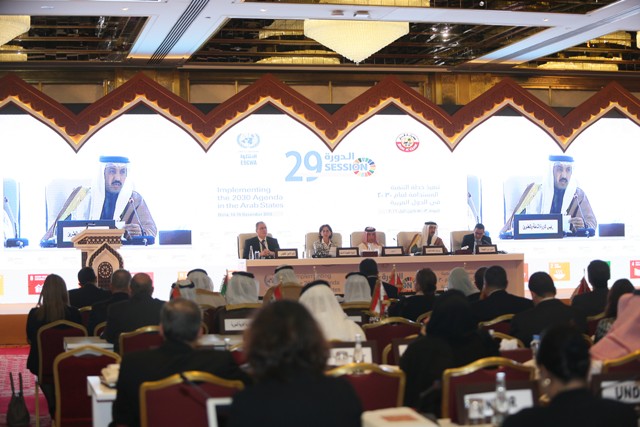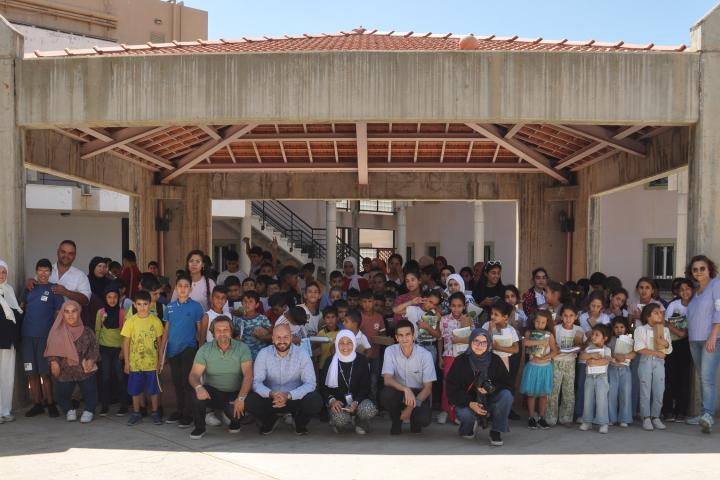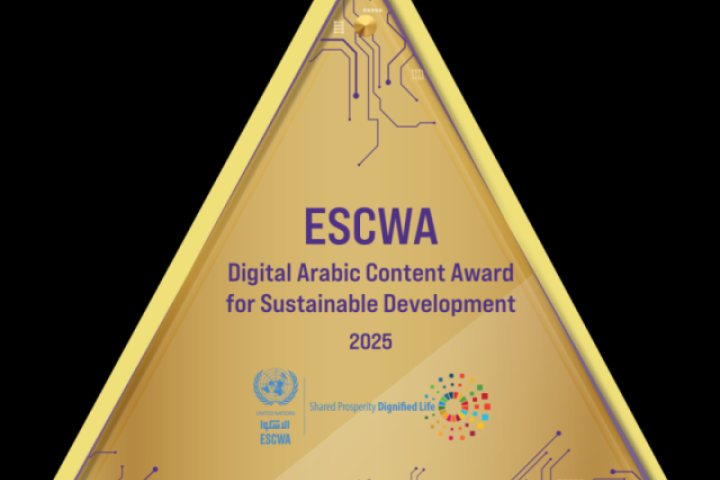Attendees of the Session included ministers representing ESCWA Member States; representatives of United Nations agencies and programs; delegates of UN member countries non-members in ESCWA. Also participating in the meeting were officials from the host country, the Diplomatic Corps accredited to Qatar, delegates of regional and international non-governmental organizations; delegates of donor institutions and foundations; as well as a crowd of regional and international experts.
The Session was marked by three high-level roundtables on the implementation of the 2030 Agenda in the Arab States, which witnessed the participation of prominent ministerial and intellectual figures. They covered the following topics, in particular:
-Challenges Facing the Implementation of the 2030 Agenda at the National Level;
-The Impact of Conflict and Occupation on the Implementation of the 2030 Agenda;
-Supporting Member States in the Implementation of the Sustainable Development Goals (SDGs): Methods and Tools.
Palestine and Social Justice
In addition to presenting the Report of the Executive Secretary on the activities of ESCWA since the 28th Session, which resulted in the “Tunis Declaration”, including the follow-up on this Declaration and other decisions taken by the 28th Session, as well as presenting the draft Strategic Framework for the biennium 2018-2019, the 29th Session looked into subjects of high priority to the Arab Region such as justice for the Palestinian people after fifty years of occupation. In this regard, the Session examined (a) whether the policies and practices of Israel concerning the Palestinian people amount to apartheid, and are synchronized to constitute a comprehensive regime of apartheid; (b) the methodology, premises and approach suggested by the ESCWA Secretariat to calculate the comprehensive and cumulative cost to the Palestinian people of the Israeli occupation and its policies; and (c) a communication strategy designed by ESCWA to support the Palestinian people and their institutions in their struggle to achieve their legitimate rights, justice and peace.
The 29th Session also focused on Gender Mainstreaming in Public Institutions and on Achieving Social Justice in the Arab Region, From Concept and Vision to Policy and Practice. The ESCWA Secretariat is preparing a guide pursuant to the "Tunis Declaration on Social Justice in the Arab Region," to assist Member States in formulating development policies and plans. The guide clarifies the social justice dimension in the implementation of the 2030 Agenda for Sustainable Development and of relevant international conventions. It focuses on practical steps and tools in this area, taking into account inter-Arab disparities in capacities, needs and institutional, economic, social and political structures.
To conclude the meeting, Director of Department of International Technical Cooperation at the Qatari Ministry of Foreign Affairs Ambassador Tariq bin Ali Faraj Alansari and ESCWA Secretary of the Commission Karim Khalil, held a press conference to lay out the main findings of the Session, as well as the preparations preceding it.
ESCWA had previously signed a Memorandum of Understanding (MoU) with the State of Qatar, whereby ESCWA Deputy Executive Secretary Abdallah Dardari signed on behalf of the Commission and Ambassador Ansari signed on behalf of Qatar. The MoU focuses on technical cooperation, capacity-building and training.
The ESCWA Session, which takes place bi-annually, represents its highest decision-making forum and mechanism.
For more information:
Session Webpage on ESCWA Website




